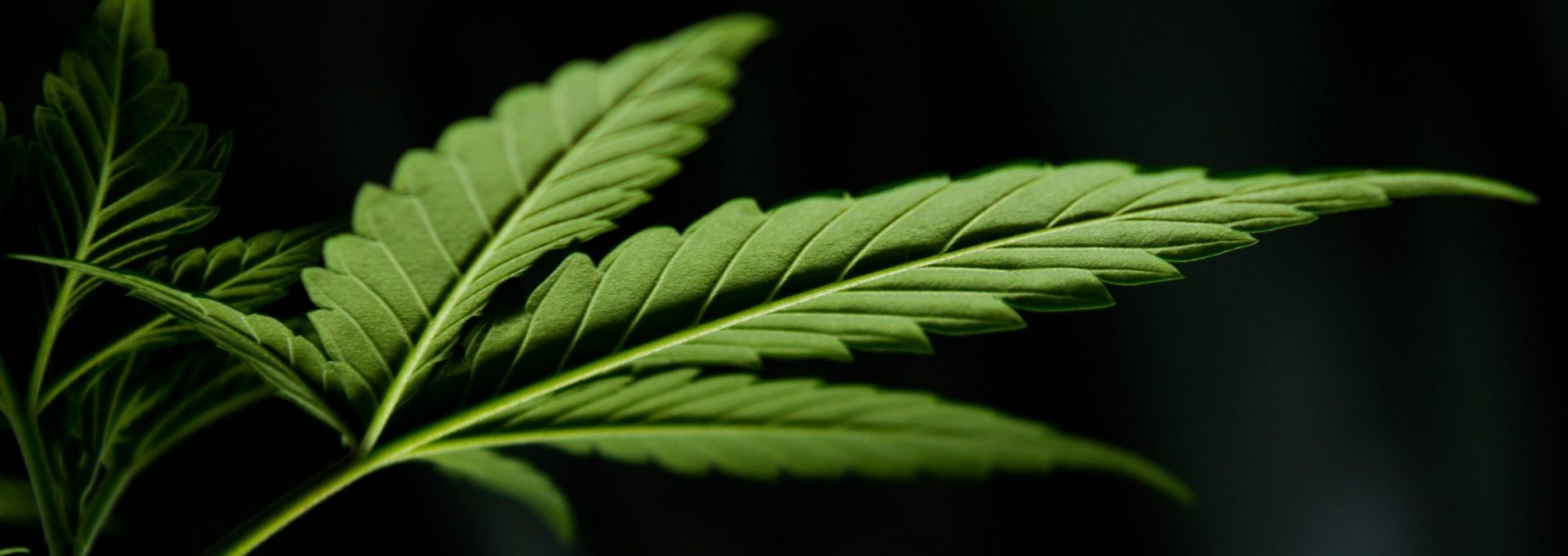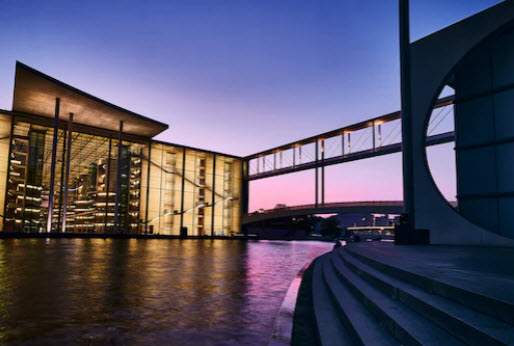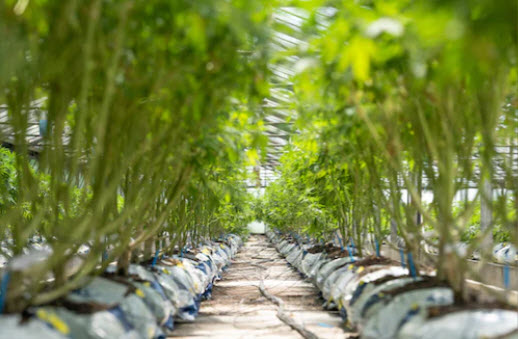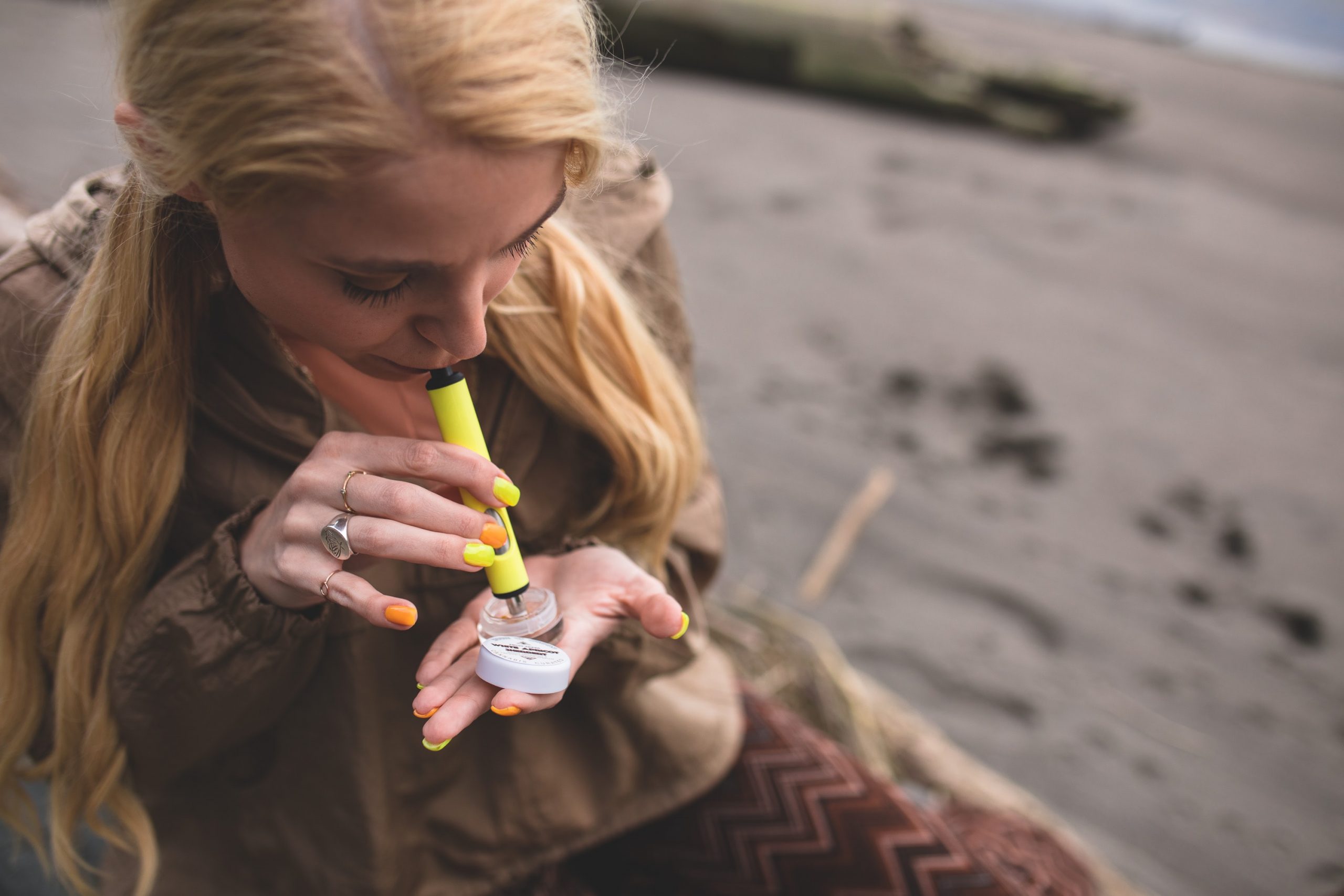On Wednesday, two members of the German Parliament discussed (informally) key aspects of the long-awaited white paper on the recreational reform of cannabis – and beyond that the pending draft cannabis legalization legislation
In a move that is not quite “leaking” but certainly designed to signal the direction the entire legalization discussion is moving, Bundestag representatives Carmen Wegge (Starnberg-Landsberg am Lech) and Dirk Heidenblut (North Rhein-Westphalia), two of the representatives from the committees involved in drafting the legalization legislation, presented their (and by implication the evolving SPD) position on cannabis reform via Instagram this week. Their positions are not the formal paper, decided upon by the entire Parliamentary group, much less the final draft of legislative language. However, so far it is the clearest “formal yet informal” indication on which way the debate is moving.
Coming as it is on the heels of what appears to be a concerted effort by the CSU/CDU – at least those hailing from Bavaria – to derail the entire conversation, it is also almost certainly an informal signal to the industry and advocates about what comes next.
Here are the highlights on some of the more burning questions.
Timeline of Legislation
Wegge and Heidenblut believe the draft legislation could be released as soon as October, but almost certainly by the beginning of 2023. They also expect that the legislation could be passed as soon as the summer of next year.
Probability of Bundesrat Consent
Just as in the US and the UK, both houses of the German Parliament have to agree to legislation before it becomes law. Both “houses” of the German Parliament agreed unanimously to medical reform in 2017.
The Bundestag is roughly equivalent to the US Congress or British House of Commons. The Bundesrat is approximate to the Senate or British House of Lords. So far, it is not expected that the Bundesrat would hold up anything passed by the Bundestag.
Narcotic Designation of Cannabis
This is still in flux. Obviously, high THC cannabis will not entirely be entirely reclassified because of the narcotic designation of medical cannabis. There is likely to be some clarification of “medical cannabis” being everything but the plant – which points to the possibility that the first step into legalization will be flower only – and patients will be unable to access flower anymore. If that is the case, expect litigation from patient groups and advocates, if not the industry. Flower is something that many patients prefer – and many argue cannot be replaced by “extracts” including of the whole plant kind. What emerged from the discussion is that the cannabis plant is likely to be removed from Annex 1 of the BtMG (the German Narcotics Act). That said, both representatives stated that patients could not be worse off after recreational reform – so expect some kind of compromise.
Not mentioned, but implicit in the discussion is also bringing German law into compliance with the EU decision on CBD – namely that it is NOT a narcotic.
Compliance With International Law
The CDU, in particular, has just made a great deal of noise by soliciting the opinion of supposedly “neutral” Bundestag attorneys on the international legal status of German reform. Namely, that recreational cannabis reform will violate EU law. That is certainly the status quo. However, things are moving on an EU level between (at least) Germany, Luxembourg, and Malta to address the same. The committee members said essentially the same thing – namely that this is not likely to be a big deal. A carve-out will be found.
Decriminalization vs Full Legalization and Amnesty
The message was pretty clear. Everything will be done at once, with no staggered stages. Amnesty for those convicted of non-violent cannabis crimes is also a tough discussion but one that will not be left off the table. From the conversation, it was very much a “we will see” status as of this week – which means it is still being considered.
Source of Supply
Unsurprisingly, both in-country production and imports will be allowed, and a licensing system set up – although it is going to be slightly different than the current requirements for the medical, pharmaceutical market. This does not mean that those with pharma licenses will have an automatic advantage, but it is clear that it won’t hurt.
Drivers’ Rights
The issue of driving while stoned is a big issue right now – starting with the police. The fact is that this entire conversation is being re-examined in light of the German Traffic Court’s recent recommendation that current limits are too low as this is the minimum trace amount that can even show up on any kind of test.
Cannabis Social Clubs, Pharmacies and Online Sales
The issue of who and where cannabis will be grown, sold, and consumed has been obviously vigorously debated. Yes, social clubs will be allowed – and social clubs will also have different cultivation limits than individuals who grow at home. Limited consumption is almost certainly going to be set for this space (along with limits of how much one can have “in public.”) Beyond this, it is also clear that the SPD does not want people mixing cannabis and alcohol, so the latter will be banned in the clubs.
There was also some discussion of allowing pharmacies to sell recreational product (as is the case in Switzerland) – although pharmacies will also have to apply for separate recreational licenses. This may be a situation where those pharmacies who want to participate in such sales can. So far, there has been a muted interest from the pharmacies who have been asked (and or have offered a public opinion). This would certainly make sense.
Online sales (at least for high THC products) will absolutely be verboten (at least at first – as the Canadians have also had to face).
The SPD is also in favor of providing mandatory training for dispensary staff.
Cannabis flower and Edibles
So far, the SPD is not opposed to including edibles in the legalization discussion, but there will be strict rules about labeling. See also THC limits.
Home Grow
While this is not something that elected representatives, of any stripe except the Greens and Die Linke enthusiastically support, it will be hard to deny this. Once cannabis is legal for sale, the entire conversation changes. Expect some kind of limits on the number of plants – and further patient challenges – in court if necessary – on the number of plants and in what stage (i.e., blooming vs seedling).
THC and Possession Limits
The entire conversation about limiting THC levels is probably going to be off the table simply because of the logistical and legal nightmare of enforcing the same – not to mention encouraging the black market to go where the legal market cannot. When it comes to possession limits, this will undoubtedly apply in public places, but limits have not been discussed (yet). Heidenblut in particular suggested personal limits of between 30 and 50 grams, with amounts higher than this subject to an administrative, not criminal fine. Illegal sales will still be subject to criminal prosecution.









